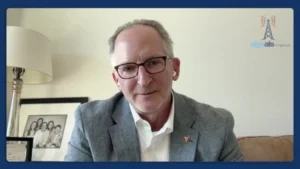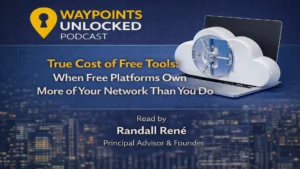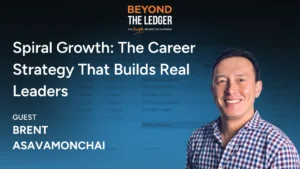Beyond the Numbers: COVID-19’s Impact on Manufacturing and Distribution Companies: a CFO’s Perspective.
Brad Jay, Weaver’s Partner-in-Charge of Manufacturing and Distribution Services tapped Frank Cinati, CFO of ABATIX, Vince Rullo, CFO of Howard Supply Company, and Matt Nafziger, CFO of Royal Manufacturing to give their perspective on how manufacturing and distribution companies have weathered the COVID-19 storm. What does the post-pandemic outlook like, and what can companies do to remain responsive to client needs in the face of continued change?
At the outset of the pandemic, Rullo said Howard Supply took the time to work with their bank to address their cash needs and their vendor and customer needs along the way. “We took the opportunity to be as transparent as we can with our lender, which I think bared a lot of fruit. Our negotiations turned out to be positive in the sense they saw our treatment of our receivables as something critically important, not only for ourselves but for the bank.”
When PPE loans became available towards the start of the pandemic, the question facing companies was if they should apply for one. “We sell PPE products predominately to contractors in the manufacturing,” Cinatl said. “The first part of the year was going great for us. When COVID hit, people were coming out of the woodwork, looking for PPE.” Supplies began to dry up, and with PPE masks designated for healthcare, ABATIX didn’t have masks to sell to their base. ABATIX did apply for a PPE loan, got approved, and funded. But as the finer details about the program became clearer, ABATIX decided it was better to put this option in their back pocket, and they repaid the loan as soon as they got it.
Howard Supply did take a PPE loan. “We felt that where we were in our business cycle, we had an opportunity we wanted to seize to be able to retain as many employees as we could,” Rullo said. “And we wanted to take the opportunity to use that money to get us through the tough days ahead.” Royale Manufacturing is a private equity-owned and did not apply for a loan.
Everyone on the panel agreed that a best practice for maintaining financial stability during the pandemic was to ensure the accounts receivables did not fall behind. “We had a mechanism in place for this process; we call ‘at risk’,” Nafziger said. “Every two weeks, we look at anything that is over 90 days old, and we designate it as something that is at risk. That goes out to our entire executive management team, and we review it.” Open communications internally and externally with those clients at risk proved useful.







